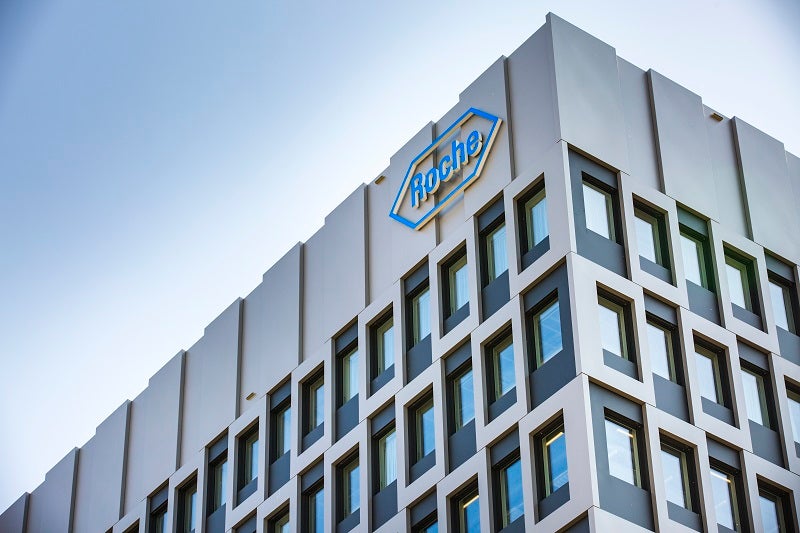
Roche has reported new data from analyses of the two-year open-label Phase IIIb CASTING clinical trial of Ocrevus in patients with relapsing-remitting MS (RRMS).
The drug is a humanised monoclonal antibody that targets CD20-positive B cells, which is thought to be involved in myelin and nerve cell damage.

Discover B2B Marketing That Performs
Combine business intelligence and editorial excellence to reach engaged professionals across 36 leading media platforms.
CASTING data showed that participants who had a suboptimal response to one or more previous disease-modifying therapies (DMTs) experienced a high rate of no evidence of disease activity (NEDA) following their switch to Ocrevus.
New longer-term safety data also demonstrated a favourable benefit/risk profile of Ocrevus, said Roche.
The company is conducting a large Phase IIIb clinical trial programme to further assess the ability of the drug’s higher dose to decrease disability progression in relapsing MS (RMS) and primary progressive MS (PPMS) patients.
Furthermore, Roche launched a Phase III clinical trial programme initiation of its Bruton’s tyrosine kinase (BTK) inhibitor, fenebrutinib, in RMS and PPMS.

US Tariffs are shifting - will you react or anticipate?
Don’t let policy changes catch you off guard. Stay proactive with real-time data and expert analysis.
By GlobalDataRoche chief medical officer and Global Product Development head Levi Garraway said: “While conditions of the nervous system are some of the most complex to understand and treat, we are committed to following the science to reduce relapses in NMOSD and slow and eventually stop disease progression in MS.
“From the success of our first-in-class B-cell MS therapy Ocrevus, we are poised to continue advancing the science in MS with our new investigational BTK inhibitor fenebrutinib, and in NMOSD with the recent FDA approval of Enspryng.”
The company has also announced new findings on Enspryng, where the drug lowered relapse severity in neuromyelitis optica spectrum disorder (NMOSD) patients in double-blind periods of SAkura Phase III trials.
Pooled results from SAkura open-label extension (OLE) studies revealed that the drug significantly decreased the risk of relapse.
Enspryng is a humanised monoclonal antibody that acts on IL-6 receptor activity. The cytokine IL-6 is known to be a key driver in NMOSD.
In July this year, Roche said that its Actemra/RoActemra (tocilizumab) drug failed to meet the primary endpoint of improved clinical status in the Phase III COVACTA trial in hospitalised adults with severe Covid-19-related pneumonia.





